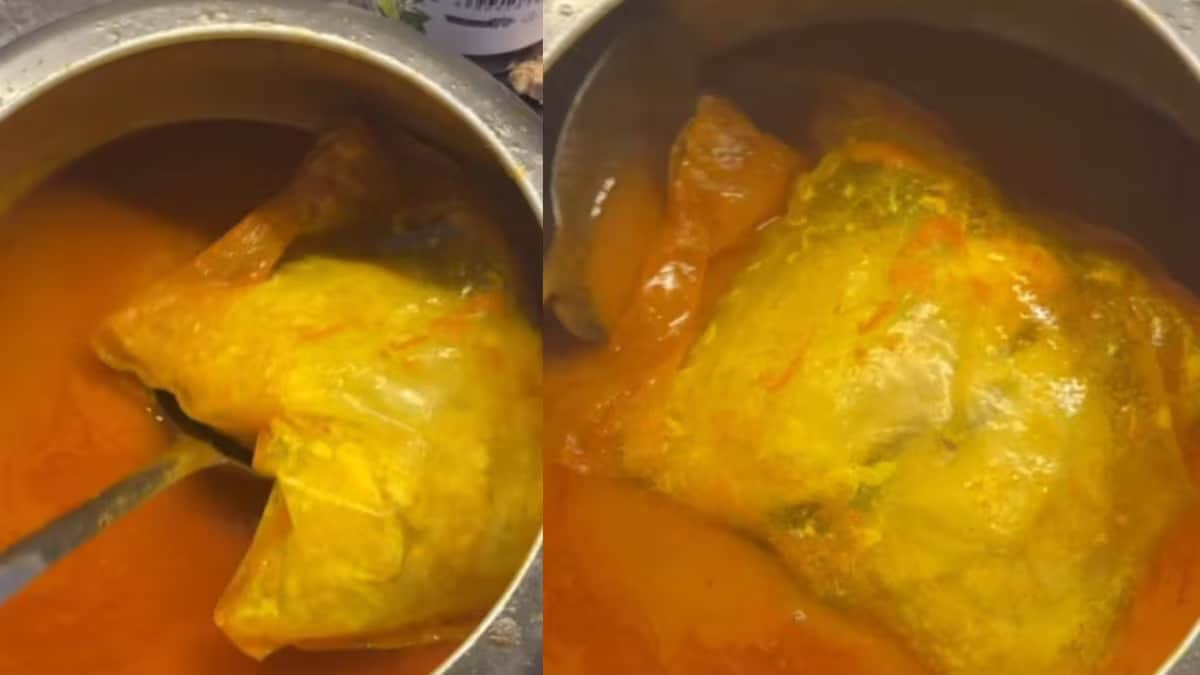The food of a country speaks a lot about its history, heritage, culture and people. If you explore more, you will find that the dishes vary from place to place, depending on the climatic demographic, socioeconomic or environmental reasons. While there are some food items exclusive to a country (or region), we also have some foods that are surprisingly banned in some countries. Did you know that the list includes ketchup, ghee and samosa? You heard us. Here is a list of food items that are widely consumed in India, but are banned in several other countries. Take a look.
Photo Credit: iStock
Here Are 5 Foods That Are Banned Abroad But Not In India:
1. Samosa:
It is probably the most popular snack in India. But Somalia in the South African region has put a ban on this yummy delicacy since 2011. In fact, as per the country's law, breaking this law can lead to severe punishment. They say the triangular shape of the snack seems to be a symbol of Christianity to the 'Al-Shabaab group'.
2. Chawanprash:
People in India are dependent on Chawanprash for a very long time. It is said to be loaded with healthy nutrients that nourish us from within. But Canada banned this desi kadha in 2005. Reportedly, the ban was invoked citing that there are high levels of lead and mercury in the product.
3. Ghee:
The benefits of ghee need no introduction. In India, ghee is considered a superfood that includes almost every essential nutrient our body needs. But it is a banned product in the United States as the Food and Drug Administration found ghee may cause diseases such as blood pressure, heart attacks and obesity.
Photo Credit: istock
4. Ketchup:
Ketchup adds flavour to different savoury dishes. From samosa and pakoda to noodles and sandwiches, we pair ketchup with almost everything. But in France, things are a bit different. The country has banned ketchup after the French government noticed excess consumption among teenagers.
5. Chewing Gum:
Singapore is famous for its cleanliness and has strict rules for the same. This is why, in 1992, the country restricted the use, distribution and trade of all kinds of chewing gums. However, due to international pressure, the country, in 2004, allowed the consumption of therapeutic dental chewing gums.
Photo Credit: iStock
6. Kebab:
Kebab is one of the most popular dishes in India. Be it a veg one or a non-veg one, juicy kebab never fails to win our hearts. But did you know, this yummy delicacy is banned in Venice? The city introduced the ban on kebab shops in 2017 to 'preserve decorum and traditions of the city'.
7. Poppy Seeds:
It is considered one of the most exotic spices in India. It is widely used in Bengali cuisine and adds a layer and texture to any gravy. But, due to its morphine content, the seed is banned in Singapore and Taiwan. Reportedly, it is considered as 'prohibited goods' by the Central Narcotics Bureau in Singapore. It is also banned in Saudi Arabia and UAE. However, in Russia, poppy cultivation is allegedly illegal, but not selling.
